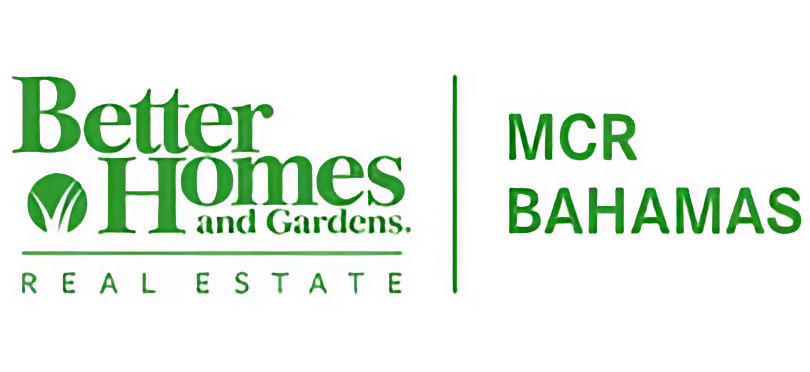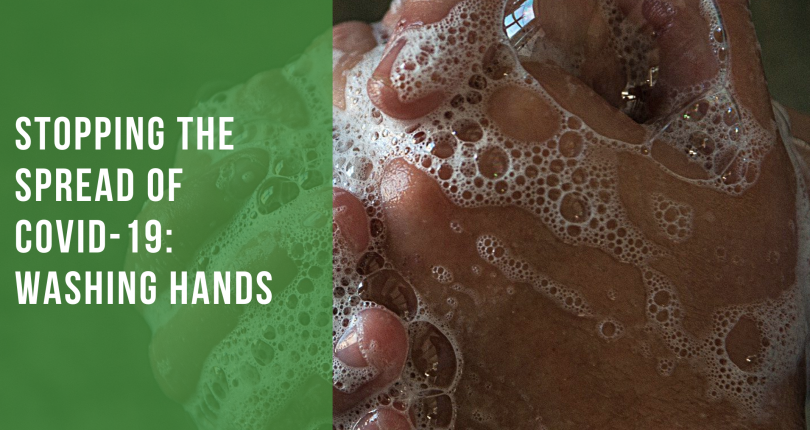- Your Complete Guide to Getting Rid of Bathroom Mold - March 18, 2021
- Avoid These 5 Decorating Mistakes That Make Your Home Look Messy! - February 11, 2021
- Eliminate dirty grout for good! - December 6, 2020
Handwashing is one of the best ways to remove germs, avoid getting sick, and prevent the spread of germs to others. It’s quick, it’s simple, and it can keep us all from getting sick. Handwashing is a win for everyone… except for the germs.
Based on what is currently known about this coronavirus, also called COVID-19, it is spread from person-to-person and happens most frequently among close contacts (within about 6 feet). The virus is transferred through respiratory droplets.
Because the virus enters your body through the nose, mouth, or eyes, it is even more important that you refrain from touching these parts of your face with unwashed hands.
Best way to wash your hands
At home or work, wash your hands often—and correctly:
- Use clean, running water. Use warm water if it’s available.
- Wet your hands before applying soap.
- Rub your soapy hands together for at least 20 seconds. Wash all surfaces well. This includes your wrists, palms, backs of hands, and between fingers.
- Remove the dirt from and clean under your fingernails.
- Rinse your hands thoroughly to remove all soap.
- Dry your hands with an air dryer or a clean paper towel.
- Turn off the faucet with a paper towel.
If soap and water are not available, an alcohol-based hand sanitizer can be used to clean your hands. When using this type of product:
- Put the gel in the palm of one hand.
- Rub your hands together.
- Rub the product over all surfaces of your hands and fingers until they are dry.
When should I wash my hands?
Hands should be washed often. This means more often than most adults and children actually do. Bacteria and other germs can only be seen under a microscope, so they can be anywhere. According to the CDC, it is especially important to wash your hands:
- Before preparing food
- Before meals
- Before and after treating an open sore, cut, or wound
- After using the bathroom
- After touching animals or animal waste
- After changing diapers or cleaning up a child who has gone to the bathroom
- After blowing your nose, coughing, or sneezing
- After handling garbage
- When hands are dirty
- When someone around you is ill
For more information and to stay up-date with COVID-19:
The Bahamas Government – Website
COVID-19 hotline if they need advice.
The 24-hour Hotline at 502-7382;
376-9350 from 8am to 8pm; 376-9387 from 8pm to 8am, and toll free (242) 300-2619.
The U.S. Centers for Disease Control and Prevention has more on the coronavirus.

